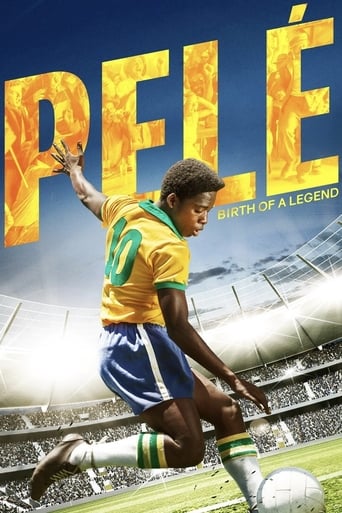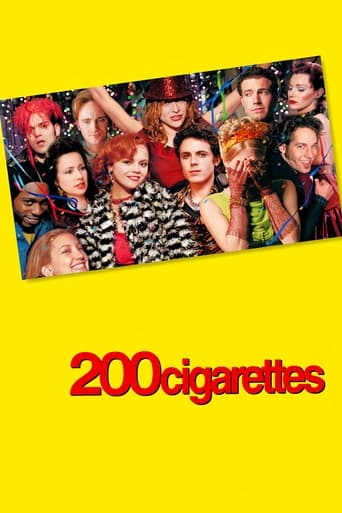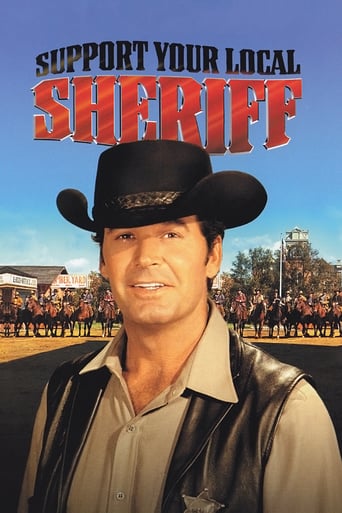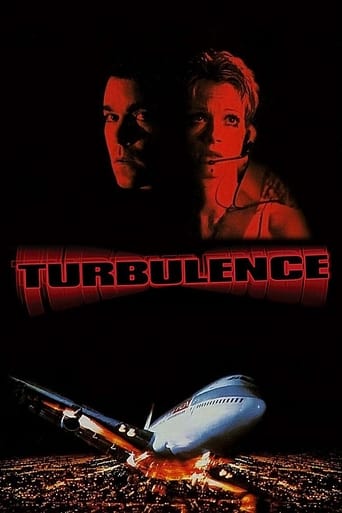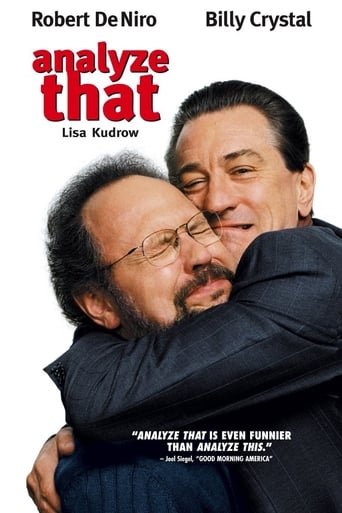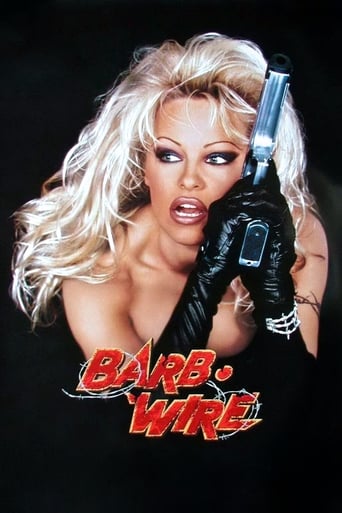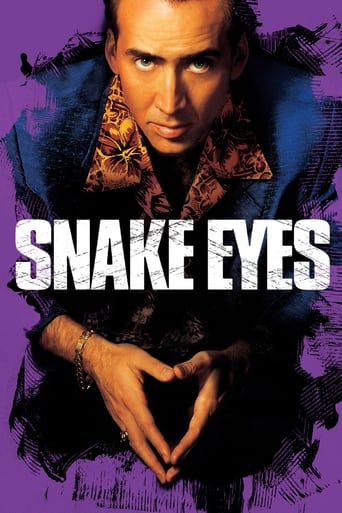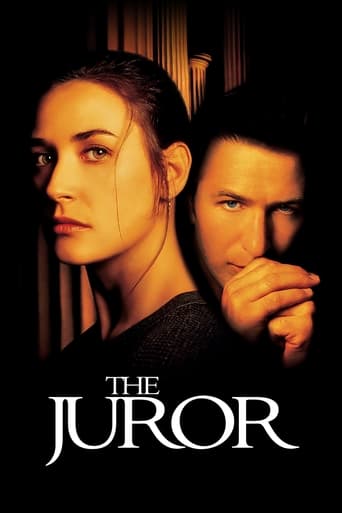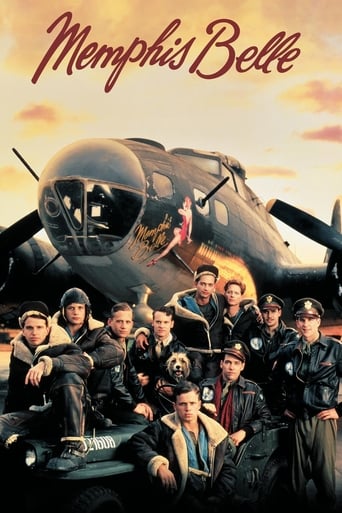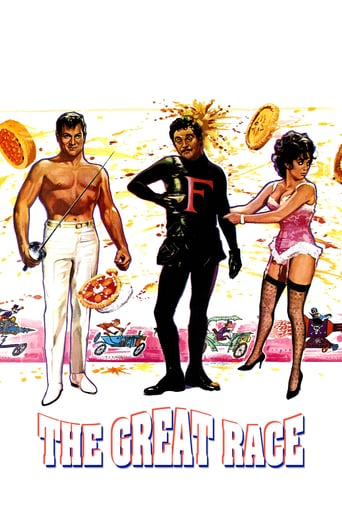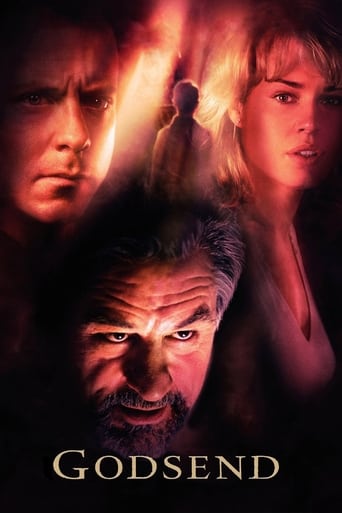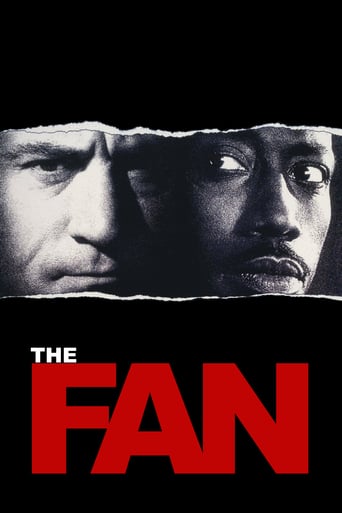


The Fan
When the San Francisco Giants pay center-fielder, Bobby Rayburn $40 million to lead their team to the World Series, no one is happier or more supportive than #1 fan, Gil Renard. When Rayburn becomes mired in the worst slump of his career, the obsessed Renard decides to stop at nothing to help his idol regain his former glory—not even murder.
-
- Cast:
- Robert De Niro , Wesley Snipes , Ellen Barkin , John Leguizamo , Benicio del Toro , Patti D'Arbanville , Chris Mulkey


Similar titles
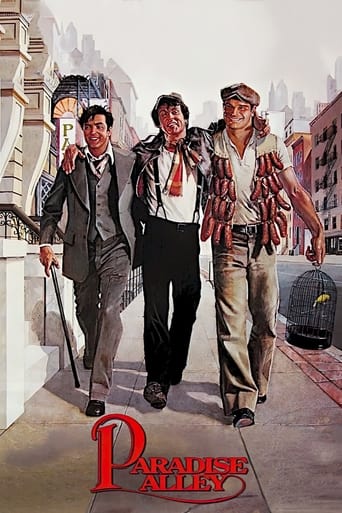
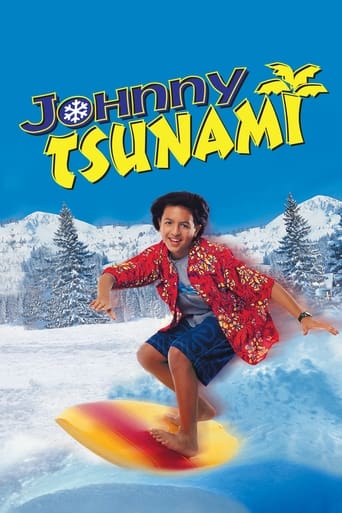
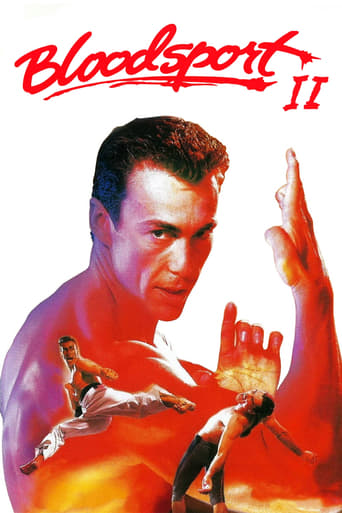
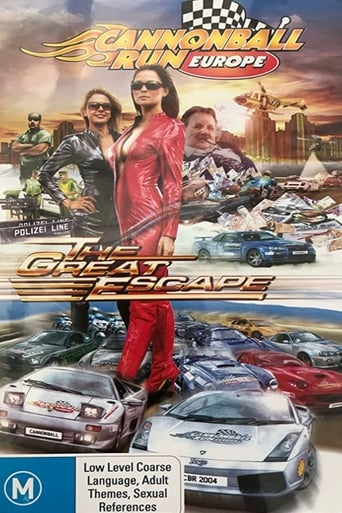
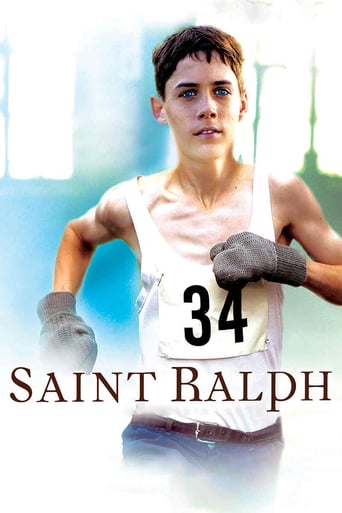
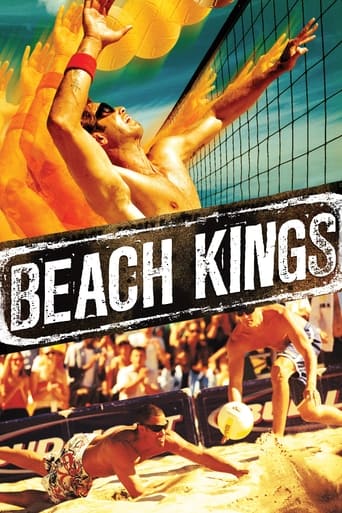
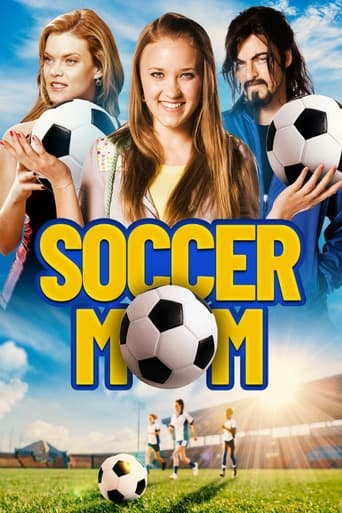
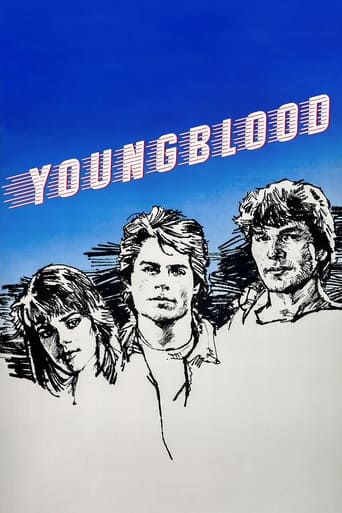
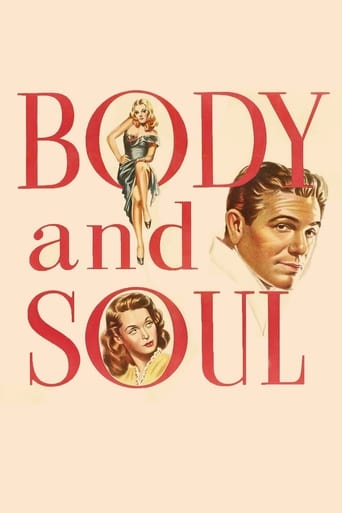
Reviews
It's not great by any means, but it's a pretty good movie that didn't leave me filled with regret for investing time in it.
Let me be very fair here, this is not the best movie in my opinion. But, this movie is fun, it has purpose and is very enjoyable to watch.
One of the most extraordinary films you will see this year. Take that as you want.
The film never slows down or bores, plunging from one harrowing sequence to the next.
The Fan is an excellent thriller directed by British director Tony Scott (True Romance, Top Gun) and stars Robert De Niro and Wesley Snipes. It is an intense and disturbing plunge into the darkness of obsession. Its rated average on this site is far too low to be believed (5.8 at time of writing). I contend that the unhealthy subject matter of obsession cut too close to the bone for many viewers, hindering a more favorable and fairer rating. Perhaps this film held a mirror too close to their own faces. I don't know what they were expecting. Obsession is a common theme in thrillers and for those that can stomach it, please note that it is used in an uncommonly brilliant way here.Robert de Niro is superb as Gil Renard. Gil's life is on a slow downward spiral. His sales job is under threat and an atrocious relationship with his ex wife threatens to derail his tenuous connection with his wide eyed innocent son. Think of a more intense darker quieter Willy Loman. Gil's desperation for professional and personal success mirrors the fortunes of his beloved but ailing San Francisco Giants who haven't won a pennant in years. This might change though when the club announces a brand new marquee singing in Bobby Rayburn (Snipes) and so Gil starts to invest all his hopes in the success of this elite baseballer. Gil feels a strong connection to him as he himself played baseball. In Gil's mind, he was a great "has been", but in reality he is a "never was" and never played beyond little league. He should be internally fixing his life, but instead he externalizes all of his hopes, failure and sadness into an unhealthy obsession for Rayburn.Gil dips into fantasy whenever he faces external disappointment and finds solace in repeating mantras his childhood hero, little league coach Coop (Charles Hallahan) instilled in him years ago. Gil considers Coop the finest proponent of the art of baseball. When we see Coop later we realize this might be pure fabrication. As Gil's ability to judge reality deteriorates his obsession hurtles toward a dark dangerous and suicidal path; an older angrier "Taxi Driver" driven beyond the point of no return.Bobby Rayburn in contrast sees life picture perfect. He knows he isn't Gods gift to the sport and admits it when he gets lucky on the diamond. But to someone like Gil, seeing Rayburn hitting a home run to win a game, its as magnificent as anything anyone has ever done in baseball. It happened because Rayburn is God's gift to the Giants. The schism between them, the golden ones that light up the scoreboards and simple folk like Gil, is apparent to everyone but Gil, whose continual lapse into childhood baseball fantasy is both realistic, understandable and tragic. Rarely has this spiritual divide been better examined in any sports related films. This might explain the low rating this film has on this site. Film viewers want to live the Rayburn fantasy and not the loser reality however brilliantly observed in Gil. I gave it an 8 out 10.
I sometimes wonder if Tony Scott did not have actors such as Denzel Washington to elevate his films how quickly his filmography would be forgotten. No doubt that this director who honed his skills in the Ad World brought over a style of filmmaking that has been copied by others. The fast cuts with many shots lasting just a few seconds, the particular style of lighting, use of music which has all influenced directors like Michael Bay.However his greatest skill is to make a watchable film with something that does not even resemble a finished script. Here is a tale of a highly prized baseball player who hits a slump and a baseball fan whose life is in turmoil as he loses his job and contact with his son.De Niro plays the fan who increasingly becomes unhinged and decides to take it out on Snipe's baseball player when he admits he plays for himself and not the team.The film is slow to get going, the script is half baked and we know that De Niro has anger management issues and its only a matter of time that he will snap and Snipes will become a victim.But for the acting from De Niro, Snipes, Barkin and Leguizamo this film would be dud rather than just average.
Once during my schooldays our religious education teacher set us an essay on whether we thought that the modern obsession with sport and pop music was due to a "gap in people's lives" caused by the decline of organised religion. (One of my classmates started his essay with "If they're Chelsea fans the only gap in their lives is the one between their ears"- a sentiment calculated to rile the teacher, who was of course a fan of that club). Tony Scott's film does not have much to say about the decline of organised religion, but it does explore the phenomenon of the obsessive sports fan and the possibility that such people may be trying to compensate for other "gaps in their lives". The main character Gil Renard has a lot in common with William Foster, the anti-hero of another mid-nineties film, Joel Schumacher's "Falling Down". Like Foster, he is a divorcée who has become bitterly estranged from his ex-wife who is trying to keep him from seeing their one child. (Here a boy, in "Falling Down" a girl). Both are unemployed, having been sacked from companies for which they have worked for many years, and both have become disillusioned with modern society as a whole. Foster worked for a defence contractor but was made redundant when the end of the Cold War meant a reduction in American defence spending. Gil is a knife salesman who has been fired because of poor sales figures, but who blames his sacking on the company's cynical policy of deliberately selling low-priced, low-quality products. Gil has some justification for this attitude; the firm was founded by his father, a skilled craftsman and a perfectionist, but its new management takes the view that perfection and principles have no place in business. Having lost both his job and his family, Gil's one remaining passion is for baseball. He is an obsessive fan of the San Francisco Giants and of the team's star player, Bobby Rayburn. (Gil himself was a talented player in his youth, but never played the game professionally). When Rayburn suffers from a run of poor form, causing the team's fans to boo him, and when rumours start about a developing rift between Rayburn and another Giants' star, Juan Primo, Gil decides it is time to take drastic action. This is not the first time Robert De Niro has played an obsessive fan. In "King of Comedy" his character, Rupert Pupkin, was an aspiring stand- up comedian obsessed with an established comedian. The two films, however, are very different in tone. "King of Comedy" is a satirical black comedy; Pupkin may carry out a kidnapping, but his crime is treated in a tongue-in-cheek manner and he remains an amusing, almost endearing, character. (And he manages to have the last laugh even after being sent to jail). "The Fan", by contrast, is a serious psychological thriller and Gil's actions are always treated seriously. There are also certain similarities with another De Niro character, again an obsessive loner with a grudge against society, Travis Bickle in "Taxi Driver". In form, "The Fan" is a "deranged stalker" thriller, following the structure of something like "Fatal Attraction" or "Single White Female", with Gil as its villain. Yet perhaps it would be more accurate to see him as an anti-hero rather than a straightforward villain. Although he kills two people, and threatens the lives of others, in some ways he is himself a victim, a victim of a court system which treats divorced fathers unfairly and of a business culture which puts a greater premium on profit than on craftsmanship and which treats employees and customers alike with contempt. Even when it comes to his favourite sport, Gil may have some cause for complaint. When he meets Rayburn he becomes disillusioned with his idol's contempt for the fans who pay his wages. Rayburn's insistence that he plays for himself, not for his team's supporters, might seem an admirable attitude in an amateur sportsman; in the case of a professional earning $40 million per annum it just seems like self-indulgence. (Incidentally, was that salary figure a goof or a deliberate exaggeration? Even today no baseball player earns that much; in 1996 the highest paid stars were earning around $10 million).De Niro made a stellar start to his cinematic career in the seventies and eighties, but since then has not always fulfilled his promise. Perhaps "Godfather II" and "Taxi Driver" were just too hard an act to follow, or perhaps he has tried to make too many films, not all of which have been of the highest quality. Some of his later films, however, have been excellent ones, and "The Fan" is a good example. He gives a spellbinding performance as the manically obsessive Gil, the sort of sports fan who reminds you that the word "fan" was originally short for "fanatic" and for whom baseball has become more important than life itself. He receives excellent support from Wesley Snipes as Rayburn. The late Tony Scott never seemed to be as highly regarded by the critics as his brother Ridley, one of the cinema's leading auteurs. Yet in my view Tony's talents were of a rather different sort to his brother's. When he tried to make an auteur-style film with "The Hunger", the result was a pretentious mess. His talent lay in making more conventional action thrillers, but in making good ones, often with a certain amount of social comment or political significance involved. "Crimson Tide" and "Enemy of the State" were two good examples, and "The Fan" is another. It is perhaps the best cinematic exploration of the social aspects of spectator sport and the darker side of sporting fandom. Perhaps my classmate was more right than he knew when he said that some sports fans have a gap between their ears. 8/10
DeNiro gives an okay, but one-note performance as a dedicated baseball fan who, as a result of his fixation on Bobby Rayburn (#11), loses his job and family. Other than to show that he has a bad temper, I don't see how they are relevant to the movie. I think too much time is spent on the scenes at home, on the job, and on the baseball game itself. And DeNiro's acting just didn't seem genuine at all. In most movies about people who go from obsessing to stalking, this line is crossed at about halfway through the movie. But here, it doesn't happen until almost the very end, which is too little too late. Also, how could the Benicio Del Toro have really been killed if this was only seen in Renard's mind? Or did I miss something? It's not a bad movie, but it could have been more.** out of ****

